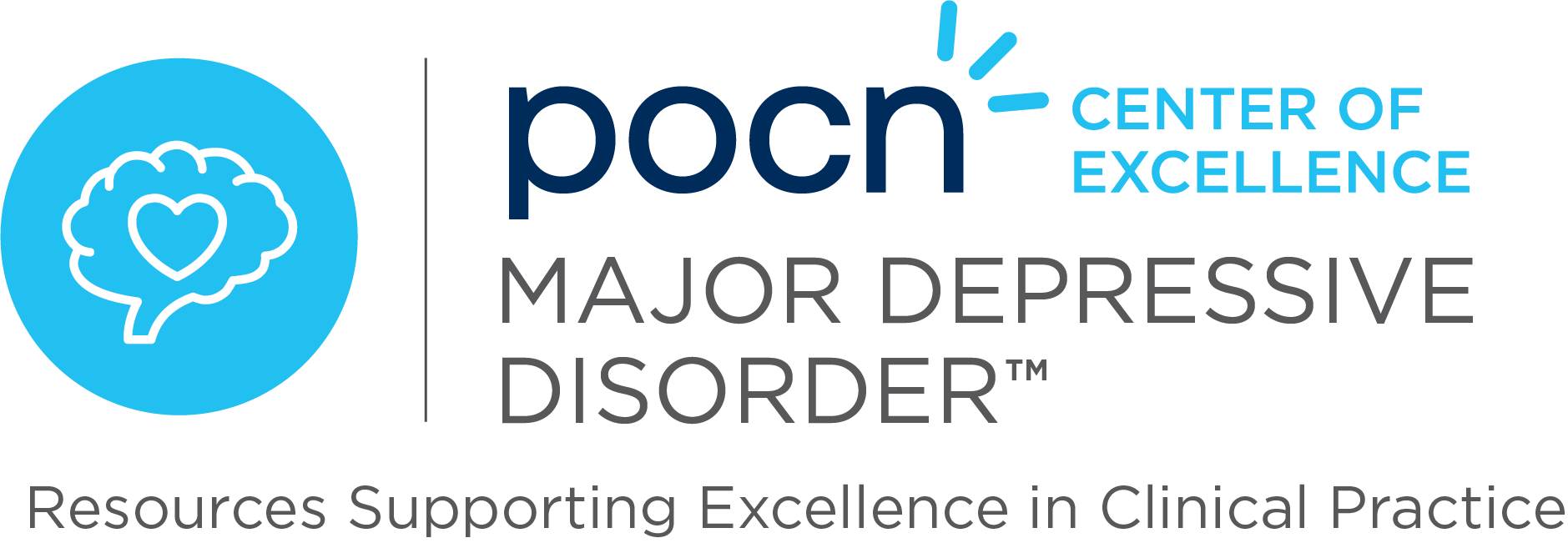Researchers of a retrospective study of 29,393 people analyzed the effects of antidepressant medications (AMs), particularly serotonin enhancers, on inflammatory bowel disease (IBD). The findings indicated that AMs increase the need for corticosteroids and hospital visits, yet they may reduce the necessity for IBD-related surgeries. These effects were more significant in a non-IBD control group, suggesting AMs’ extensive impact beyond IBD.
The study highlights concerns about AMs’ widespread use in IBD, revealing a complex relationship between antidepressants and IBD symptoms. While AMs can lead to more frequent medical interventions, they may also offer protective benefits by decreasing surgical needs in patients with IBD. This underscores the importance of nuanced research to dissect the specific effects of various AMs on IBD and other chronic illnesses. It also advocates for cautious prescription practices that balance mental health benefits with potential physical health risks.
Reference: Ba DM, Yadav S, Liu G, Leslie DL, Vrana KE, Coates MD. Clinical outcomes associated with antidepressant use in inflammatory bowel disease patients and a matched control cohort. Sci Rep. 2024;14(1):1060. doi: 10.1038/s41598-024-51282-6.


